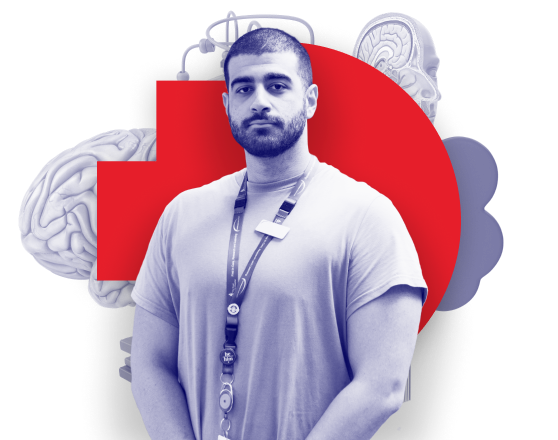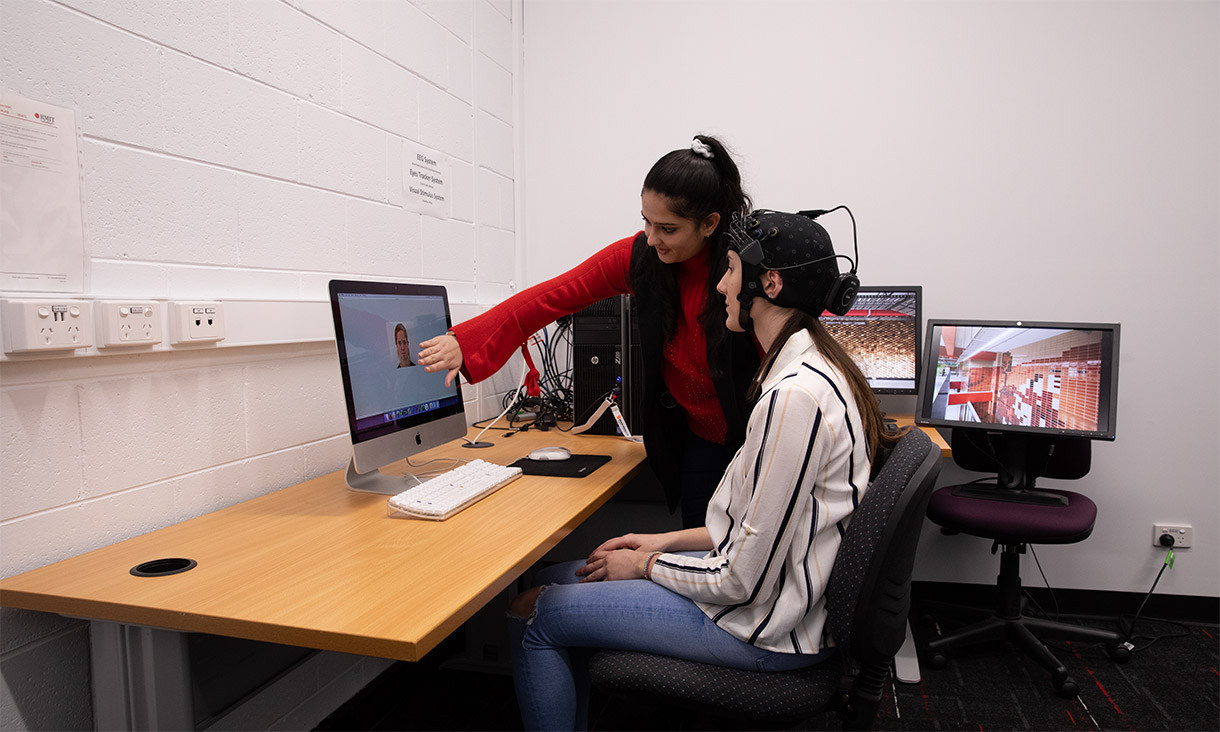You will explore psychology, with breadth studies in sociology, communication, research, and understanding policy. You'll have the opportunity to undertake a minor specialisation in Indigenous studies or choose to study a language. Alternatively, you can follow a minor interest area in sustainability or cultural studies.
Learning is student-centred with academic staff drawing on modern world examples of pop culture, activism, the internet, or analysis of modern social phenomenon to illustrate sociological theories in lectures and readings.
You'll take part in interactive coursework through psychology laboratories, excursions, online workshops and/or learning modules, and activity-based workshops. Through individual and group presentations, you develop skills in presenting ideas to large groups, facilitating discussion, engaging in debate and visually organising information through mind-mapping.
You'll examine case studies, including field notes, auto-ethnographies (a form of research written in the first person where the researcher reflects on what is going on around them), documentaries and analyses, journal articles, academic texts, and more; exploring the work of experts in your field. You'll learn academic writing skills, including how to create structured essays, write lab reports, and complete reflective journaling.
All degrees are delivered in English.




